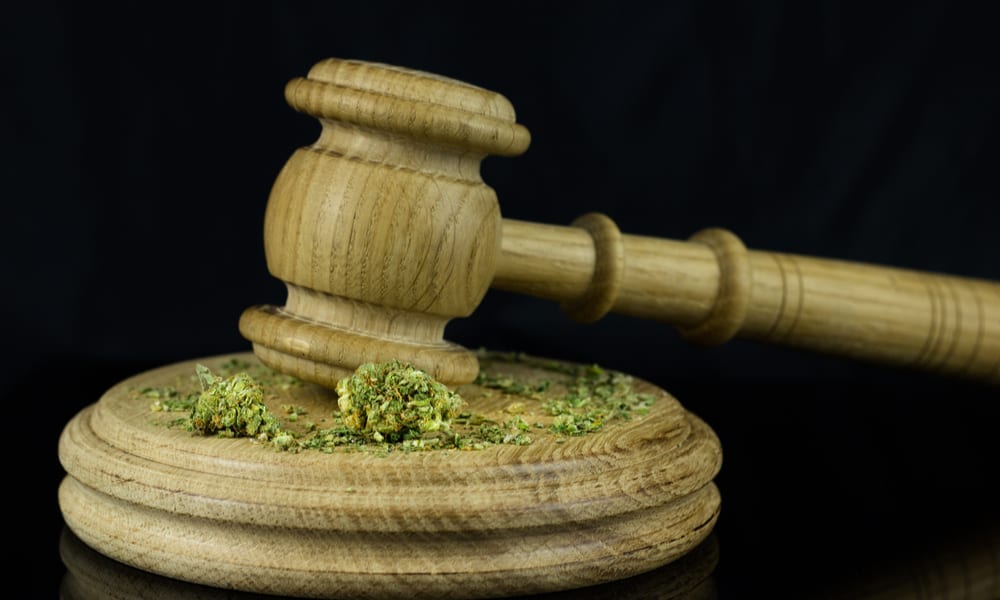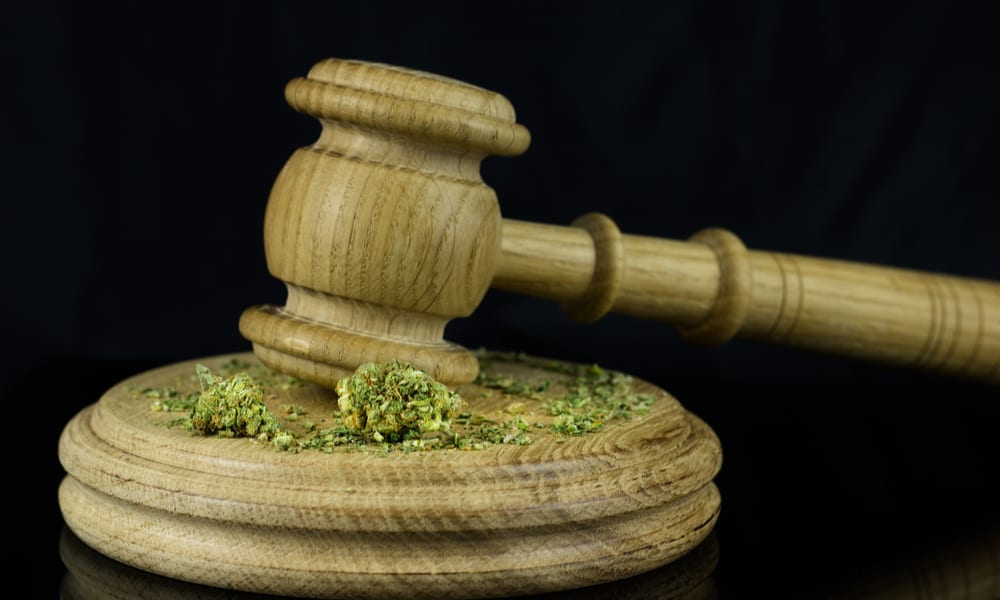
Earlier this month, Texas Gov. Greg Abbott signed a bill that will legalize industrial hemp and CBD products.
Now, some county prosecutors are grappling with the fallout with the new law—namely, what to do with more than 200 pot-related offenses.
The district attorney’s office in Tarrant County, Texas has dismissed 235 marijuana misdemeanors that have been filed since June 10, according to the Fort Worth Star-Telegram.
Those misdemeanors now require lab tests. But there’s one massive dilemma: under the new law, most labs in the state are unable to differentiate between marijuana, hemp and hemp-related products. The new law in Texas, signed by Abott on June 10 and went into effect immediately, allows farmers in the state to cultivate hemp for industrial purposes, while also clarifying which CBD products are legal.
The signing of the law came on the heels of Congress’ passage of the 2018 Farm Bill in December, which removed a huge obstacle for states by making hemp legal on the federal level. But both the federal law and the new state law in Texas complicated longstanding legal definitions of what constituted marijuana and hemp. Under the new laws, the concentration of THC would be the chief factor distinguishing the two.
In testimony before the Houston Forensic Science Board earlier this month, James Miller, a seized drug analyst, said the new laws — which define hemp as containing less than .3% THC and marijuana as anything above that threshold — “caught a lot of us by surprise.”
In order to conduct the necessary testing, Miller said, laws will require additional equipment.
As such, Tarrant County District Attorney Sharen Wilson told the Fort Worth Star-Telegram that a “lab report in our estimation is now a requirement of the crime because it’s the only way you can tell legal from illegal.” Most of the dismissed cases, according to Wilson, were for possession of two ounces or less of marijuana.
Those tests “could be quite expensive because it’s rare,” Wilson said, adding that her office is close to finding a viable lab.
“We think we found two,” Wilson said. “I’ll be communicating with our police agencies about what those labs are so that they can get that needed lab result and refile the case.”
The bill to legalize industrial hemp drew bipartisan support in the Texas state legislature, with both Democrats and Republicans alike applauding what they said could be a boon for local farmers.
Sid Miller, the state’s agriculture commissioner, said that “Texas will be a leader in hemp production.”
“This will be another tool for farmers that are looking to diversify their farming operations,” Miller said.
More than 40 states have laws allowing for industrial hemp.















